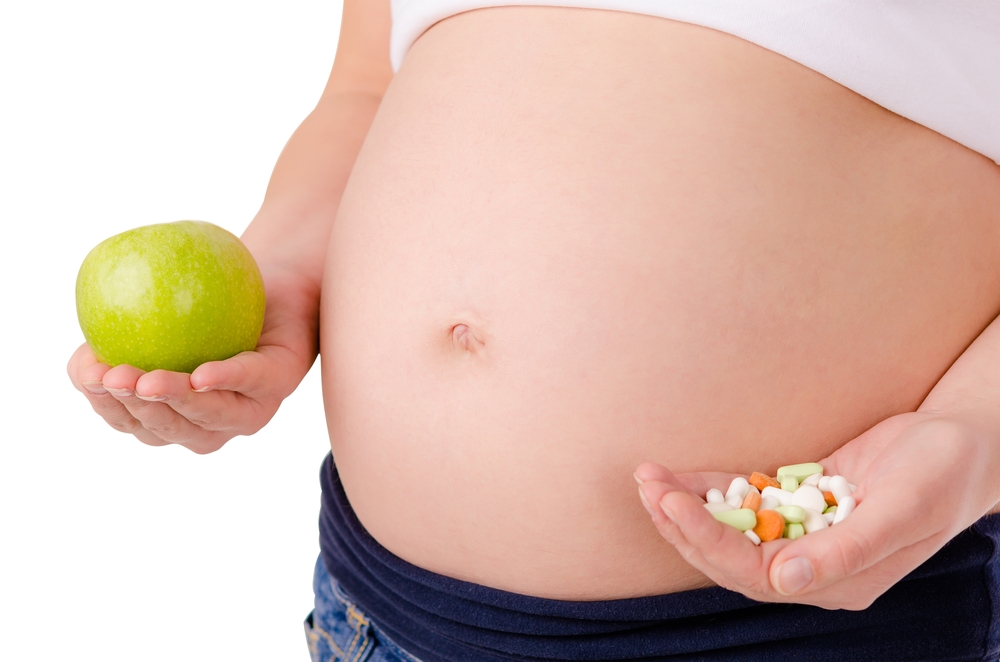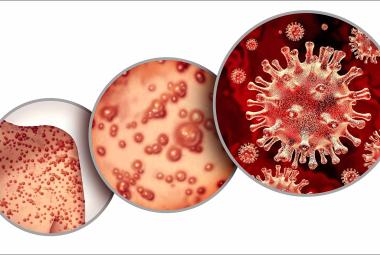During pregnancy there is an increased demand for certain vitamins and nutrients to ensure proper and adequate growth of the fetus. Prenatal vitamins generally contain higher levels of folic acid, iron, and calcium to meet this increased need. It is important to note that prenatal vitamins are not required when these nutrients are obtained through a healthy diet consisting of copious amounts of fruits and vegetables. However, if the patient chooses to supplement her diet with prenatal vitamins, she should first discuss her options with her attending physician to determine suitability. There are many different types of prenatal vitamins, and a physician will be able to discern which one is most appropriate for the patient. For example, some women may require increased iron intake due to iron-deficiency anemia, while women with adequate iron levels may experience substantial nausea and vomiting from further highly concentrated iron intake.
Remember, the use of prenatal vitamins is not without risk or harm. Please make sure to consult with your doctor before use. Prenatal vitamins that are smaller in size and that contain less iron are typically easier to ingest (induce less nausea and vomiting). Newer prenatal vitamins also contain DHA, however there is limited evidence suggesting any benefit from additional supplementation at this point in time.







